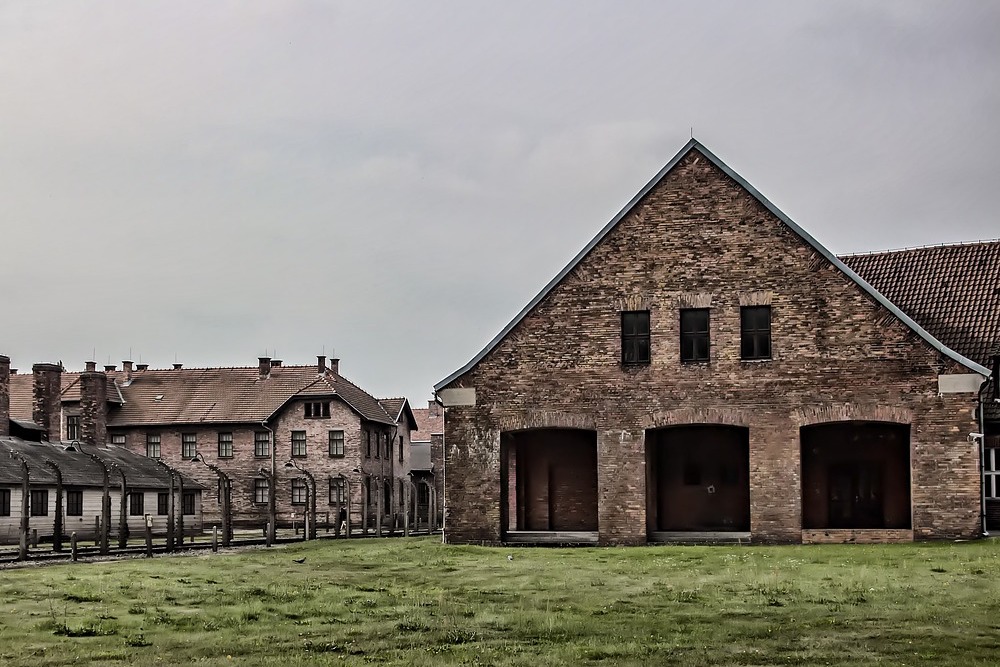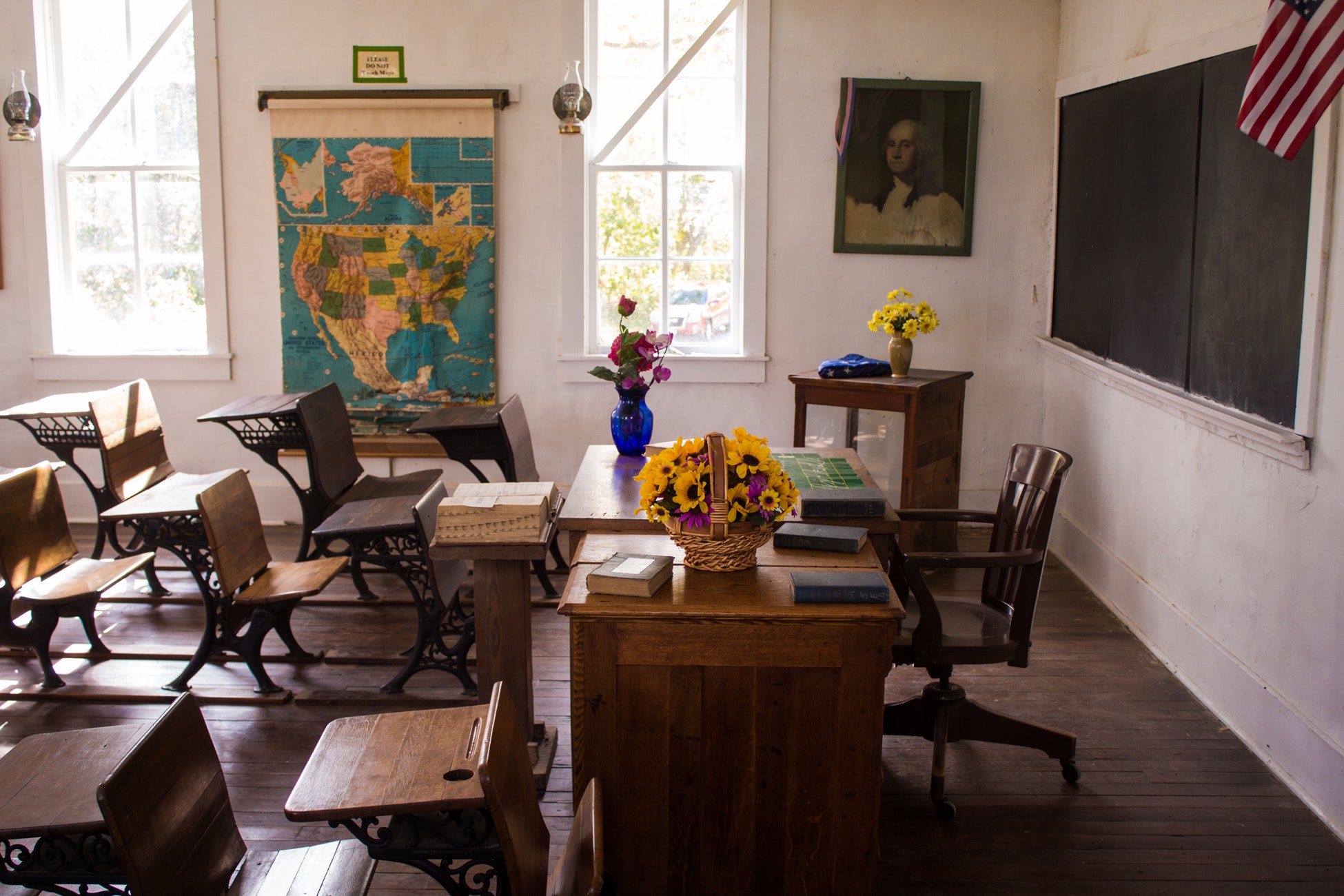Recent news came on weeks ago about the two leading think-tanks called the TIDE project at the University of Liverpool and Runnymede Trust. These two calls for the need for teaching empire and migration as compulsory in secondary schools.
These subjects can be taught in some exam boards but these are only subjected as optional modules.
Gurminder K. Bhambra, a professor at the University of Sussex, said this on a report:
“If we don’t adequately understand the past that has produced the world within which we live, we are unlikely to understand how and why the present is configured in the way that it is.”
There have been changes regarding the English curriculum back in 2016. It was shown that it has placed greater emphasis on more traditional subjects such as Shakespeare, classic novels and Romantic poets. This has resulted to some varying extent of teaching migration and empire in different schools.
The survey has shown that seventy-eight percent (78%) teachers are willing to undergo training for teaching migration while there’s seventy-one percent (71%) teachers want to take up teaching empire.
The question foretells that having no solid understanding about British history can affect political results. That’s why it is paramount for the people to know its own history and comprehend why it was so.
Bhambra puts more weight as she said this:
“If we don’t adequately understand the past that has produced the world within which we live, we are unlikely to understand how and why the present is configured in the way that it is.”
There is an ongoing fully funded, comprehensive and sustainable continuing professional development programme for teachers across subjects to support their teaching in these areas. Teachers have been cautioned about the range of complexities and sensitivities at play when teaching these subjects in the classroom.
An integrated approach to professional development based on a range of scholarship and empirical data along the lines of the Department for Education-funded Centre for Holocaust Education has long been overdue. In the UK, the US and many countries, parents vary in their reactions to about having their children exposed to certain historical events.







